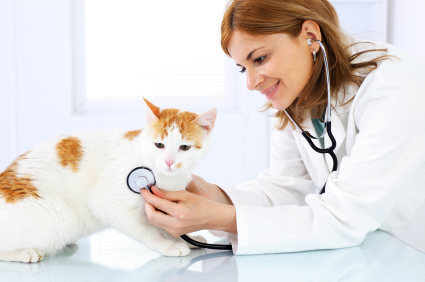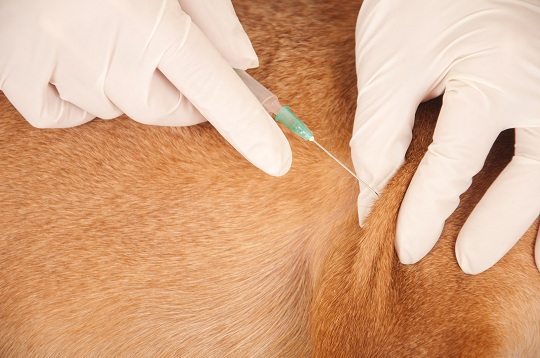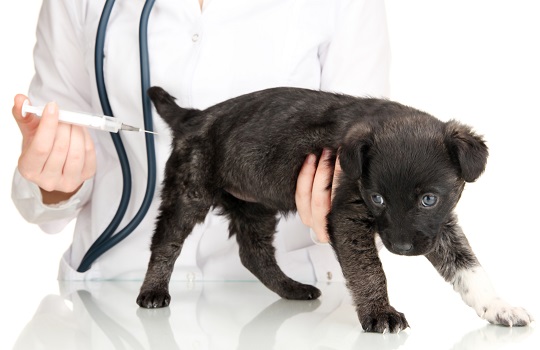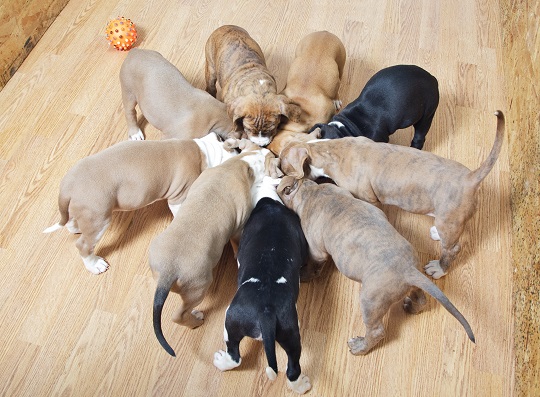Dog owners would do whatever it takes to protect the health of their beloved puppies. In most cases, they require accurate information, enabling them to spot and eliminate some of the most common symptoms of serious conditions, like kennel cough, for instance.
Kennel cough is a severe, extremely contagious respiratory infection affecting dogs of all ages. Caused by the parainfluenza virus, it usually is associated with the Bordetella bronchiseptica bacteria. It cannot be transmitted to people; however, it can trigger much more alarming respiratory diseases, including pneumonia, impacting the health and welfare of your pet. Read on to discover some of the most frequent kennel cough symptoms, and act fast to avoid irreparable consequences.
1. A persistent cough
This is one of the most important kennel cough symptoms that should not be ignored by dog owners. If your dog is making weird noises like it’s permanently choking or trying to cough, this could signal the presence of a Bordetella upper infection. In this case, don’t waste anymore time; contact a respectable veterinarian who will most likely prescribe antibiotics for your sick puppy.
2. Reduced appetite
If your food-loving dog is no longer interested in chewing those delicious, healthy treats that it used to adore, this could indicate the fact that it is suffering from kennel cough.
3. Low energy level
Is your dog always tired, apathetic, and less eager to do tricks and please its master? A low energy level, correlated with the first two types of symptoms described above, could indicate the presence of kennel cough (also known as canine infectious tracheobronchitis).
4. A runny nose and ocular discharge
If your dog is constantly sneezing or trying to cough and it has a runny nose and an upsetting eye discharge, you should contact a veterinarian as soon as possible, as these could be kennel cough symptoms, which require the best medical treatment as soon as possible.
Find A Veterinarian
All in all, such alarming symptoms should be analyzed and eliminated in a timely manner by an experienced veterinarian. Count on TalkLocal to find the best specialists in your area in record time. Remember that plain upper respiratory infections in dogs are relatively easy to fight, and ask for help as soon as possible to avoid unwanted complications.











